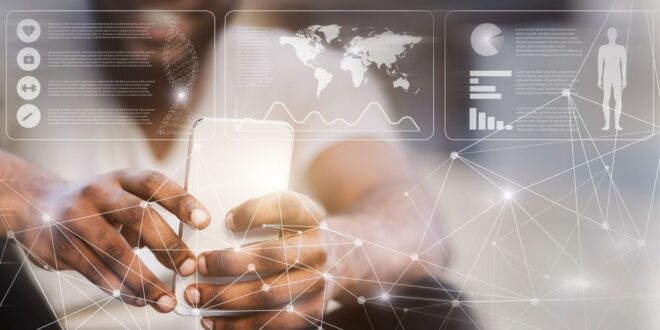The US National Security Agency (NSA) has its own recommendations for protecting smartphones against hacking. Although primarily developed for the US administration, these guidelines are, of course, valid for everyone.
It might be tempting to think that the NSA would be more interested in spying on your phone than protecting it, but the US agency has some handy advice to share when it comes to keeping mobile devices safe.
Indeed, Forbes got its hands on a US National Security Agency document entitled “Mobile Device Best Practices,” in which the NSA advises users to be particularly careful with their smartphones if they don’t want to risk having their data stolen.
All the information contained in this document was drawn up on the occasion of an NSA cybersecurity mission, for use by other US agencies as part of their security programmes.
The basic advice given by the NSA is already largely well known. For example, it’s best to avoid connecting to a public WiFi network, and remember to turn off Bluetooth when not in use. And since you can never be too careful, it’s a good idea to cover your camera when you’re not filming with it.
When it comes to choosing your PIN code, it’s best to opt for a 6-digit number if possible, and to program a screen lock after a maximum of five minutes without activity. If offered, always use biometric authentication (fingerprint or facial recognition) to identify yourself online.
As far as applications are concerned, you should only install programs from official app stores, in this case the App Store for iOS and Google Play for Android. Plus, they should be updated on a regular basis. The best way to do this is, of course, to go directly to the App Store and Google Play on a daily basis to check for updates.
To avoid being an easy target for hackers, never click on a link you receive by SMS or email, even if it comes from someone close to you (who may well have had their account hacked). Similarly, ignore pop-ups warning you of the presence of a virus on your device, or inviting you to win a new smartphone.
Finally, when recharging your smartphone, always use your own personal charger. Never use the public USB ports available in stations or airports. And remember to turn your device off and on again at least once a week.
These tips are full of common sense, but they should help everyone to protect their personal data properly. To find out if any of your data has been compromised, go to the Have I Been Pwned website, which lists all the latest data reported stolen. By entering your email address, you can find out if you’ve been affected. If so, don’t panic.
It doesn’t necessarily mean that sensitive data is circulating online, but simply that your login details are part of a leaked list. In any case, you should immediately go and change the passwords concerned, even if the attack dates back several months or years. – AFP Relaxnews
 BeritaKini.biz Berita Viral Terkini di Malaysia
BeritaKini.biz Berita Viral Terkini di Malaysia





